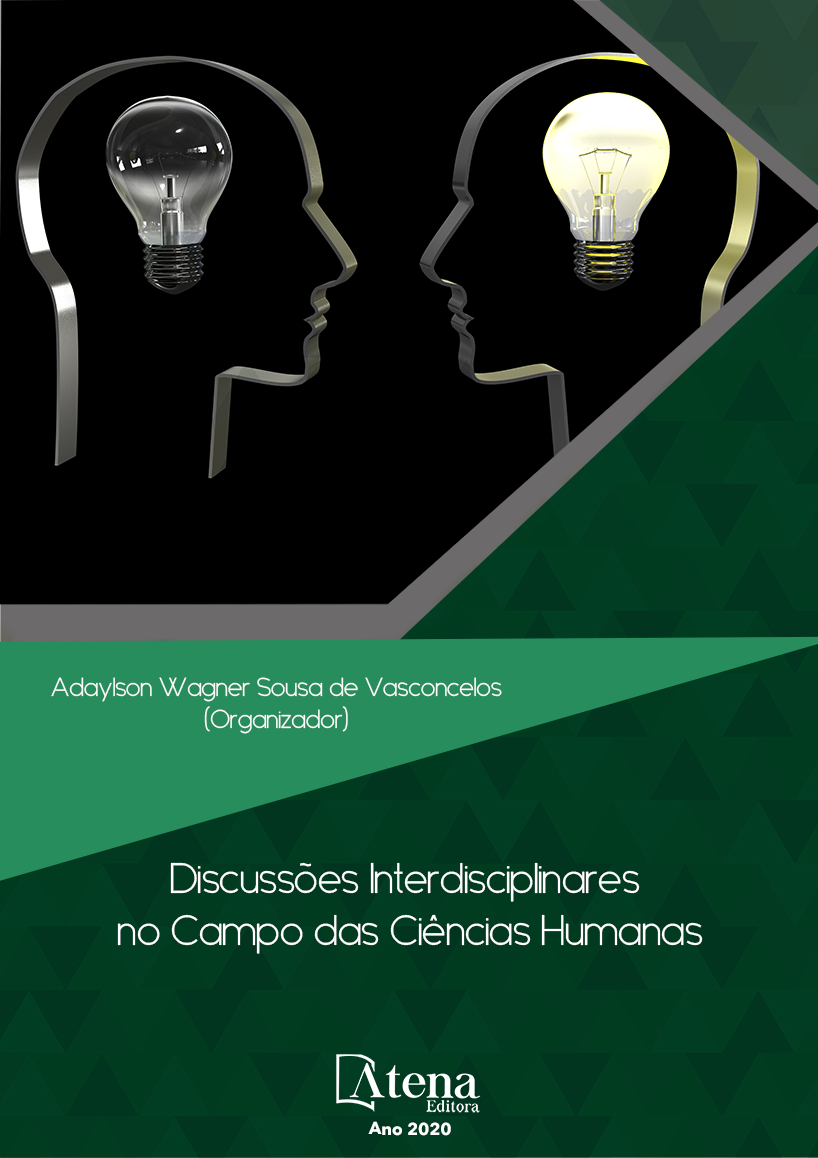
CAVALEIROS NO NOVO MUNDO OS JESUÍTAS E A CONQUISTA DA AMÉRICA PORTUGUESA
Este breve ensaio pretende rediscutir, a partir de uma (re)leitura historiográfica dos Exercícios Espirituais de Santo Inácio de Loyola (1548), a herança medieval do Continente Brasil e os índices históricos de sua feudalização. Pretende-se evidenciar, para tanto, como a Companhia de Jesus teceu uma autorrepresentação enquanto Militia Christi (a “Igreja militante” dos “soldados de Cristo”, que se comprometem com o voto de obediência pessoal ao Papa sob o lema perinde ac cadaver). Desta maneira, a Companhia de Jesus considerou-se vocacionada a uma cruzada de expansão da fé católica e seu projeto civilizatório, impulsionado pelas monarquias ibéricas. Com tal aporte, é intuito deste breve texto ensejar o debate sobre a conquista e colonização das regiões meridionais do Continente Americano enquanto uma segunda, e mais sofisticada, expansão feudal, momento fundante da construção de uma economia-mundo capitalista.
CAVALEIROS NO NOVO MUNDO OS JESUÍTAS E A CONQUISTA DA AMÉRICA PORTUGUESA
-
Palavras-chave: Militia Christi; Jesuítas; Conquista da América.
-
Keywords: 18
-
Abstract:
This brief paper aims at rediscussing, by means of a new historiographic reading of the Spiritual Practices by Saint Ignace of Loyola (1548), the mediaeval heritage pertaining to Brazil Continent and the historical shews of its feudalization. We intend to evince, therefore, how the Order of the Jesuits has woven its self-representation as Militia Christi (the idea of the “militant Church” made up by the “soldiers of Christ”, who have impawned to obeying the Pope due to a specific vow and to acting out under the watchword perinde ac cadaver). Thereafter, the Order of the Jesuits has considered itself called to perform a Crusade to expand Catholic faith and its closely related civilization project, put forward by the Iberian morarchs. Thereby, it is our purpose in this text to stir up the debate about the conquest and colonization of Southern regions of the American Continent as a second and more sophisticated feudal expansion and simultaneously the founding moment of the setting up of the Capitalist World Economy.
-
Número de páginas: 18
- Marcus Baccega


